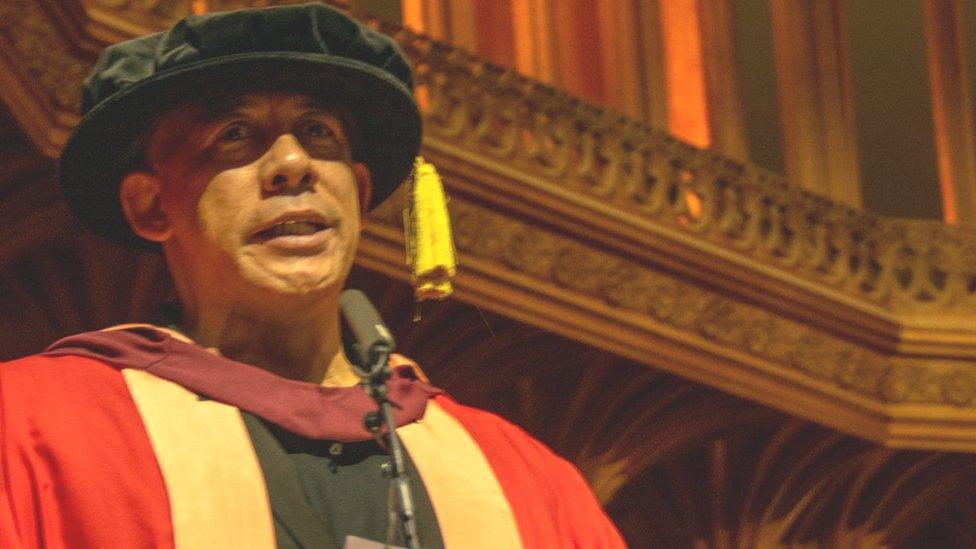Bristol Uni to consult on renaming buildings linked to slavery
- Published
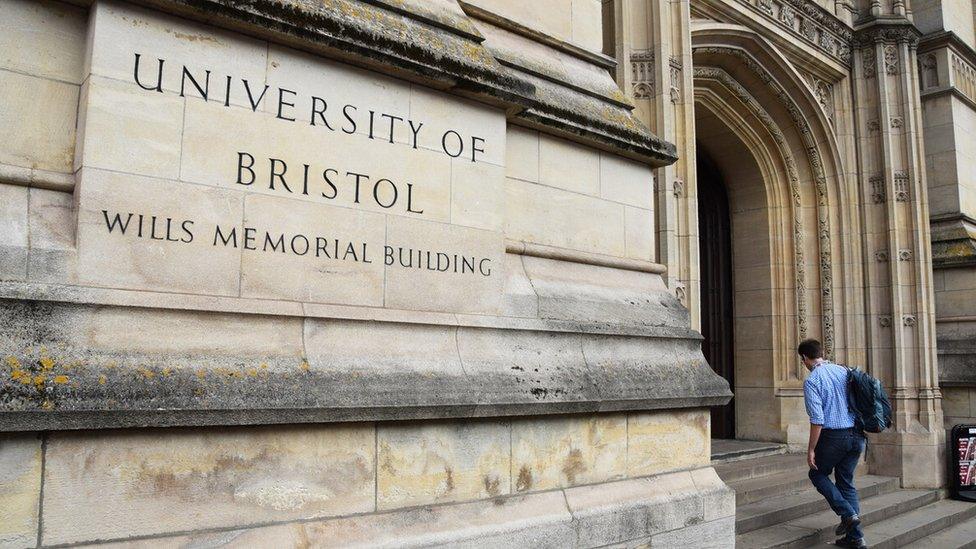
The University of Bristol has launched a consultation on renaming some of its buildings
The University of Bristol is launching a consultation on whether to rename seven of its buildings with links to the slave trade.
The university said the consultation was a "listening exercise" and said it was "open to hearing all" views.
Bristol was heavily involved in the transatlantic slave trade between 1725 and 1740.
Many of the fortunes made in the trade were used to endow buildings and institutions in the city.
Although the transatlantic trade in enslaved people was banned in most British colonies in 1833, many merchants continued to import goods from countries where slavery continued.
University of Bristol
The university was initially founded as University College, Bristol, in 1876, before receiving its royal charter and becoming the University of Bristol in 1909.
But a two-year-research project combing through documents and accounts dating back to the 1860s found many of the endowments to support its opening came from families whose fortunes were rooted in slavery.
The work was undertaken by Professor Olivette Otele, the university's first professor of the history of slavery who has since taken up a position at SOAS University of London.
Her report, The University of Bristol: Our History and the Legacies of Slavery, was published earlier and coincides with the launch of the consultation.
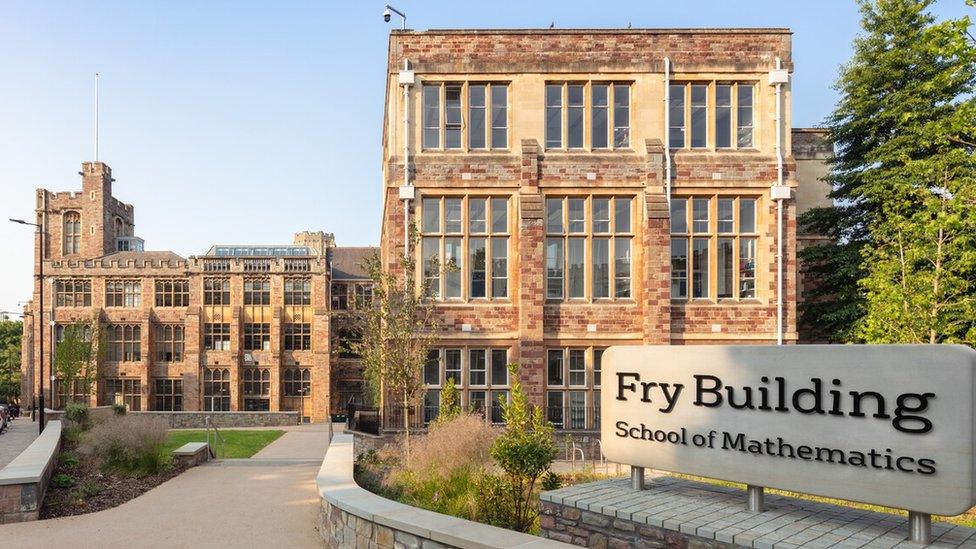
The Fry Building was endowed by the Fry chocolate-making family
'Findings will be painful'
Professor Evelyn Welch, the university's vice-chancellor and president, said: "It is important to understand the University of Bristol's foundation and the relationship of our early supporters with global commodities such as sugar and tobacco which relied on the Transatlantic Slave Trade.
"In publishing this report, we are opening an important exercise in listening to the views of our communities, acknowledging that its findings will be painful and difficult for many within the university, our city and beyond."
She added: "It throws light on the complexity of our past where members of our founding families could be prominent abolitionists and, at the same time, benefit financially from slavery and forced labour.
"Whatever the outcome of the consultation, our job is to reflect on how racial inequalities impact on our communities today and put in place the effective actions that are needed to be a truly inclusive 21st century institution."
The seven buildings found to be linked to the trade were:
Wills Memorial Building
Fry Building
Merchant Venturers Building
HH Wills Physics Laboratories
Goldney Hall
Wills Hall
Dame Monica Wills Chapel
Four of the buildings are linked to the Wills family, whose fortune was linked to importing to tobacco grown by enslaved people on plantations in the US south.
The Society of Merchant Venturers was hugely influential in lobbying the government to open up the transatlantic slave to private merchants, ending the monopoly of the Royal African Company, which was owned by the British Crown.
It is now a registered charity operating in Bristol.
The Fry family made their fortune in chocolate, and the production of cocoa was heavily reliant on slave labour.
The Goldneys were a family of merchants who invested in a number of voyages taking goods from its ironworks to Africa, where they were used in trade in exchange for enslaved people.
The online consultation runs until 19 December, external and is open to staff, students and the wider community.
The university is also planning some in-person events in December in order to hear as many viewpoints as possible, with details due to be published in the coming weeks.
As well as reviewing the building names, the university has already committed to reviewing its crest and logo which featured the emblems of the Wills and Fry families, and also that of the slave trader Edward Colston.

Follow BBC West on Facebook, external, Twitter, external and Instagram, external. Send your story ideas to: bristol@bbc.co.uk , external
Related topics
- Published14 November 2022
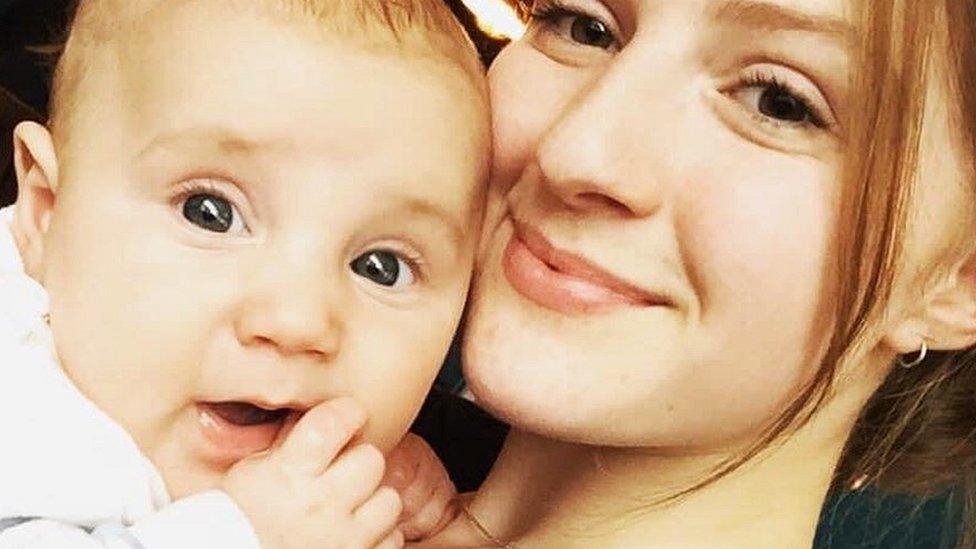
- Published10 November 2022
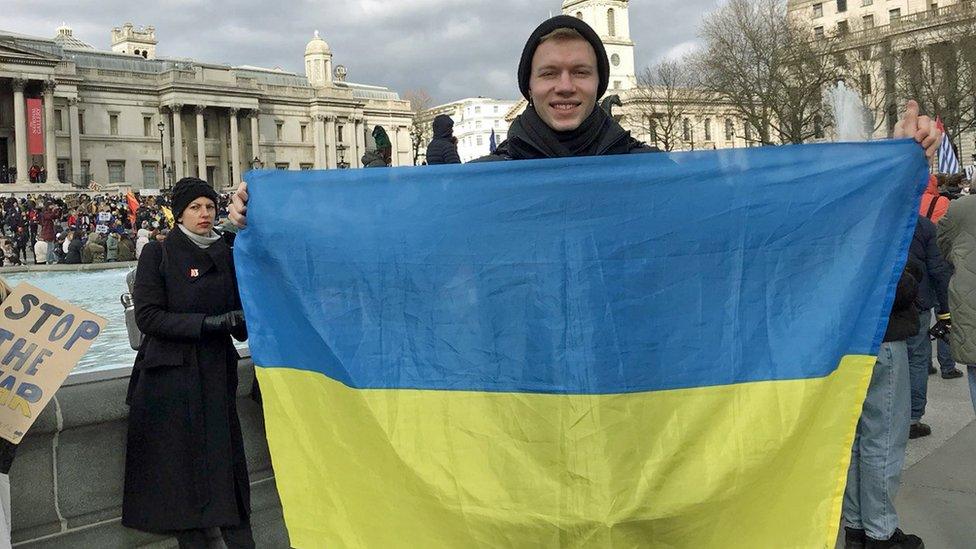
- Published15 November 2022
